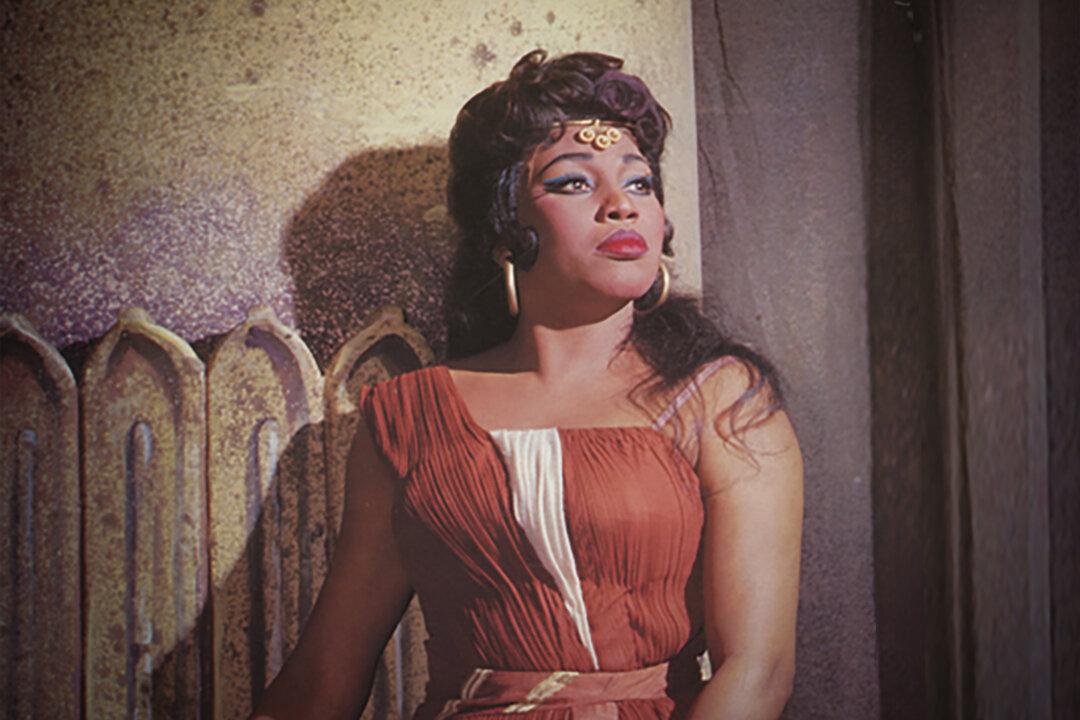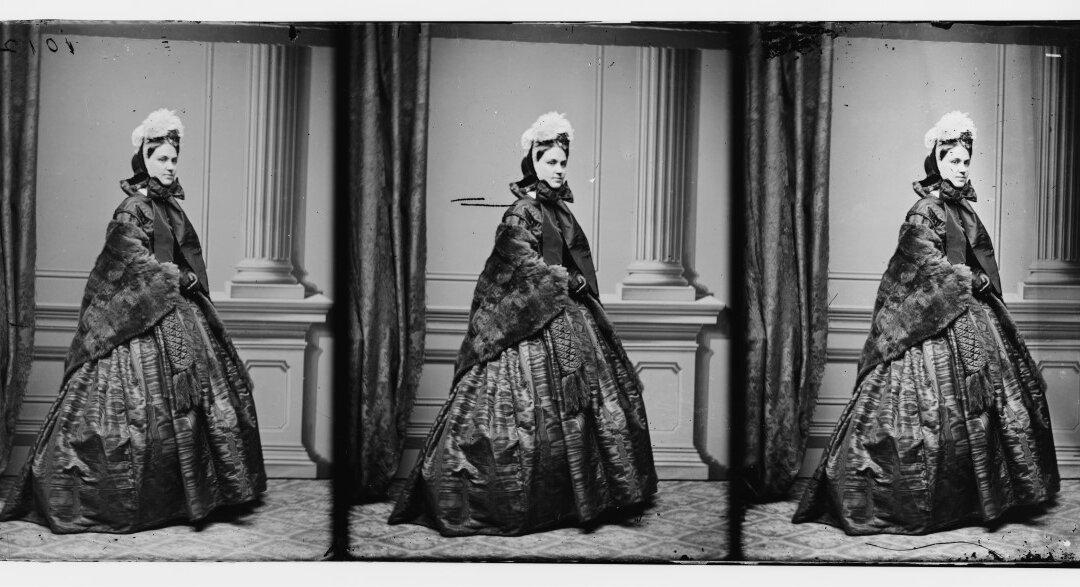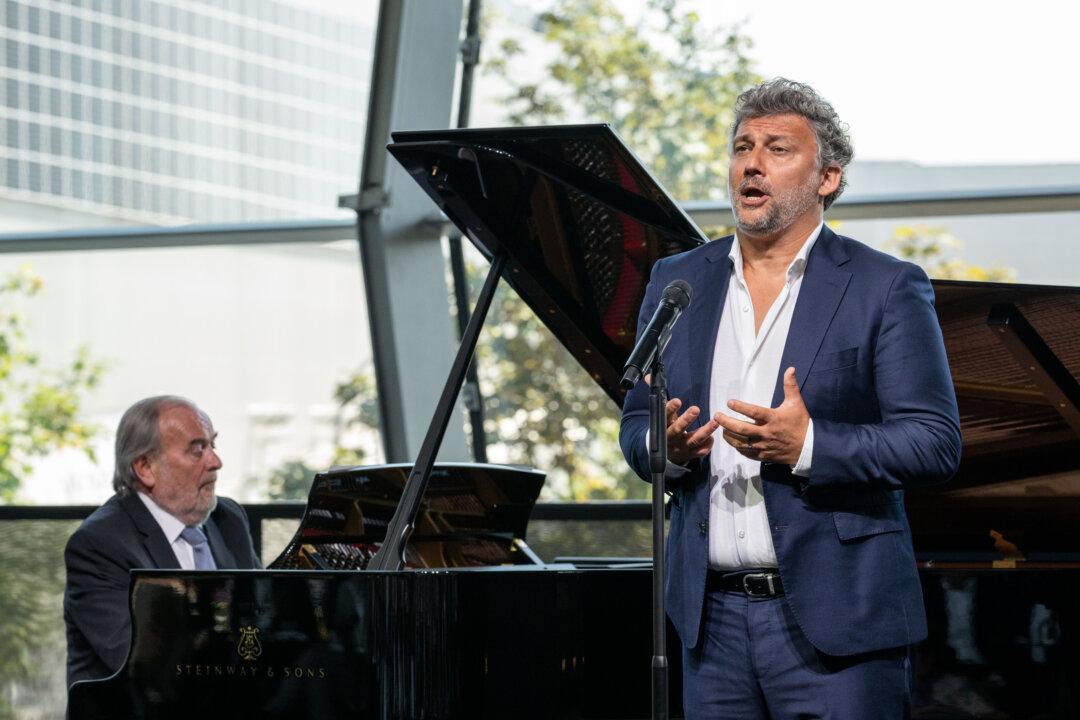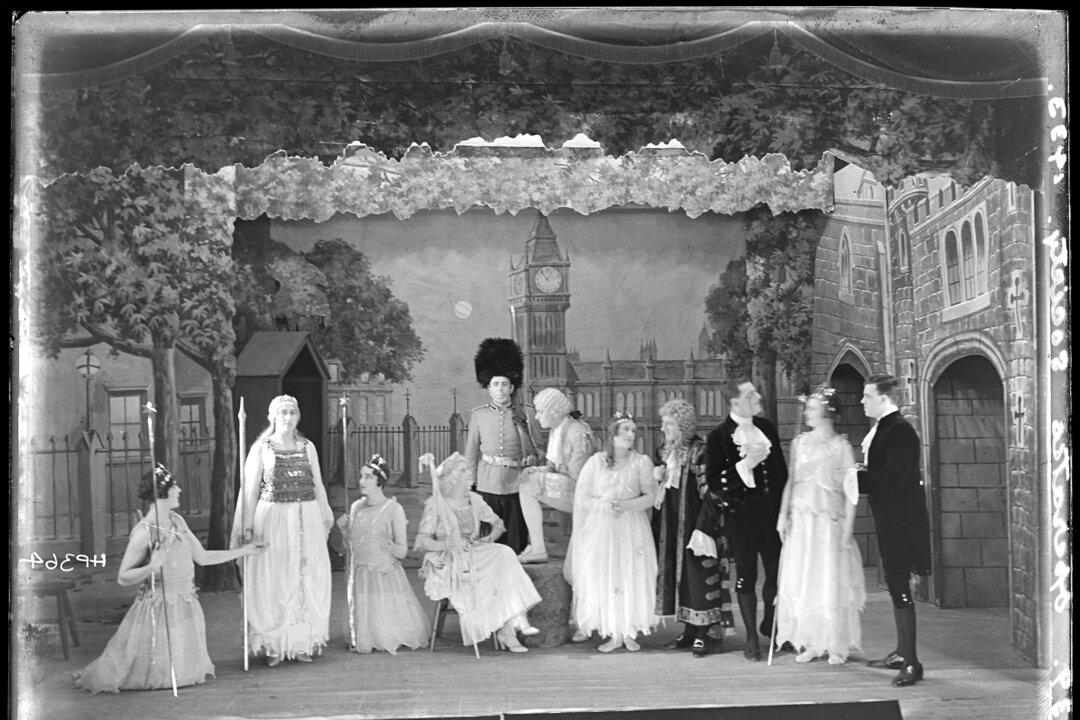She looked like a queen and sang like an archangel. When lyric soprano Leontyne Price walked out onstage it was with a regal, cool bearing that projected she had everything under control. And she did. There was a grandeur and spirituality about her stage presence, an opulent liquid gold gleam to her voice.
Now 97 years old, the legendary opera singer looks back on a spectacular international opera career that included performances in most of the major opera houses of the world. At age 90, she was interviewed for a documentary on the opening of the Metropolitan Opera at Lincoln Center.





